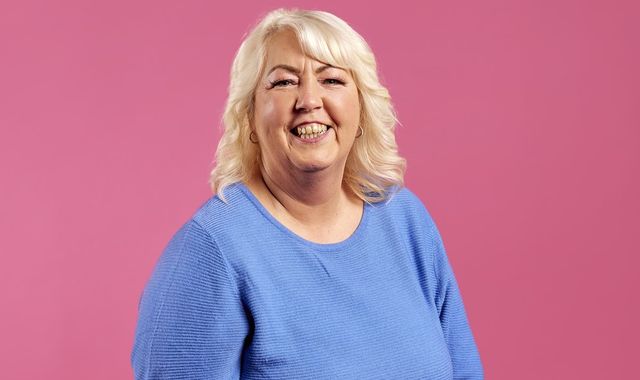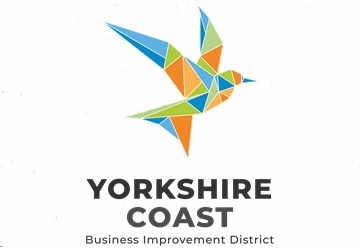Foster carers receive an allowance of around £24,500 per year [this is usually tax-free] for each child… which is a combination of a professional fee for your skills and an allowance to cover the costs of caring for a foster child, such as buying their clothes for school and everyday wear, making sure they are fed, or taking them to activities. We provide everything they could need to live a life like any other child. We’re not told how to spend the money we are given, but as you get to know the child, you know what is best for them.
Fostering is a full-time commitment, but it is possible to work alongside being a carer… if that’s what you’d like to do. Whether or not you can work depends on the needs of the child you’re caring for. Some foster carers do work part-time or during school hours if it suits the placement. There are many different types of foster care – it’s not always long-term placements, some people provide respite or emergency care, which is shorter term and can provide more flexibility.
We’re not given a specific holiday allowance… but if you choose to go on holiday, there are support networks in place that will help to look after the children you care for, such as respite carers. However, foster carers tend to build great bonds with the children they care for and usually choose to take them on holiday with them.
The biggest lesson I’ve learnt… is to be tolerant, patient and understanding. Over 10 years, my partner and I have looked after over 30 children and are fast approaching 40, and these are all key skills needed while looking after children and working with different teams, such as social workers.
I can’t name her but… the most memorable child was a girl, we were on the cusp of potentially adopting. Her biological father was then found and was able to come forward and care for the child. But I’m now her godmother, so we are still very much connected.
Seeing a happy child successfully move back home… to their biological families, or on to new adoptive parents and wishing for them to stay in touch, is so heart-warming and rewarding.
It’s normal as a parent or carer that your patience may be tested by the child you care for… I always like to remind myself when experiencing a challenging situation that it’s okay to take a breather, gather yourself and then revisit the situation.
People are often surprised to hear that… while we’ve become legal guardians to four children we have fostered, we still continue to foster more children. We currently have a household of six children.
One of the most frustrating misconceptions… is the idea that foster carers with independent agencies like ours only get the so-called “hard to place” children. That really isn’t the case. Foster carers are carefully matched with children based on the child’s needs and the household’s capacity, experience and preferences. The matching process aims to ensure stable placements and best outcomes for children and foster alike.
Read more from this series:
What it’s really like to be a… driving instructor
What it’s really like to be a…teacher
Anyone who has space in their heart and home can become a foster carer…There’s usually a six-month due diligence period, and then there is definitely training involved, like any profession. We all complete a Foundations To Foster course, then once approved, we go on to take further courses like first aid training, safeguarding and behaviour management. There is also the opportunity to further our skills so that we can look after children with different types of needs, and this comes at no cost to us.
I worry that there aren’t enough foster carers in the UK… available to help to care for children and young people who are really in need. Over 12,500 foster carers are needed in the UK, according to research by the National Fostering Group. I’d love to see more people speaking out about what fostering is like and how rewarding it can be. There are so many children who need safe, loving homes, but not enough families are coming forward.
If you’re thinking about becoming one… be as open as you can. Being honest during the assessment and panel is important – they just want to get to know you. Having a good support system around you makes a huge difference. You may also find it helpful to go along to local fostering agency information events. This is a place where you can chat with other carers, and you learn so much from people who’ve been there.





























